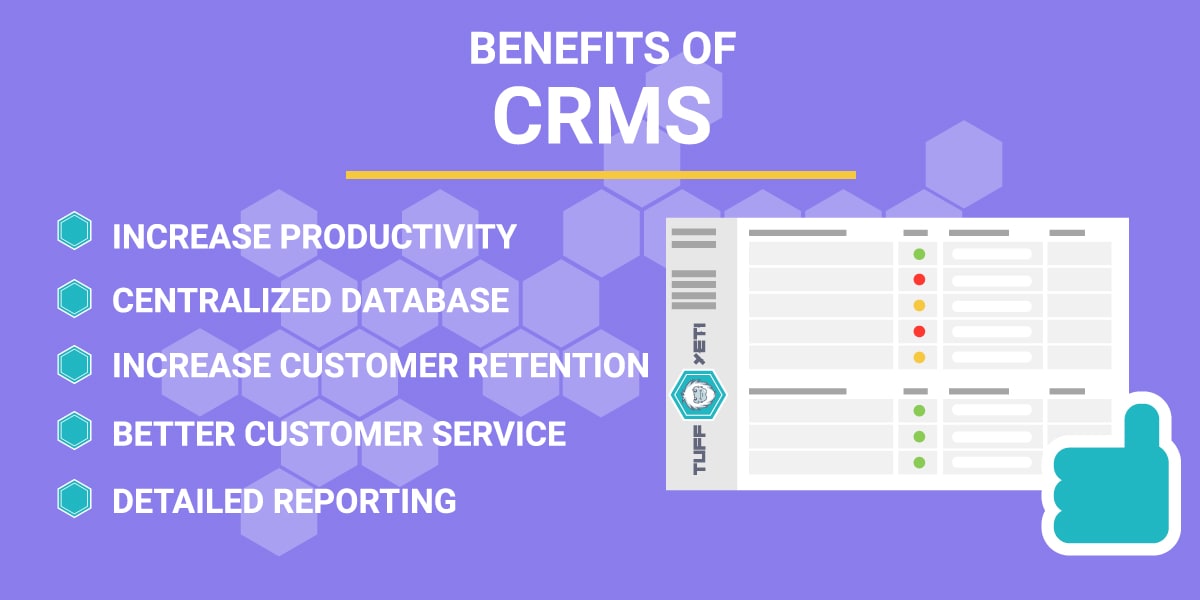What Is Web Hosting? How It Works
If you’ve been looking to create a website online you’ve no doubt come across the terms: hosting, web hosting, website hosting and more.
There are many terms, all meaning the same thing. But if you’re not familiar with website development, it can get a little confusing about what it is, what they mean, and why you need it.
Throughout this article, we’ll help explain all of this in bite-sized snippets. First, though, let’s start with a definition of web hosting.

What does web hosting mean?
Hosting is storage space on a server (or servers) you can buy or rent to house your website’s files and serve them across the internet for everyone to access. Hosting comes in many forms, which differ in reliability, security, speed, and storage space, with some requiring more technical know-how than others to set up.
Basically hosting is part of the fundamental web tools you need to get your website live on the internet.
How does web hosting work?
Hosting works by providing a stable and reliable platform from which to store and serve web files.
Let’s look at a basic scenario of how a web server works:
- You request a website through your computers browser or mobile phone
- Your request goes via the internet to the web server that corresponds with the website you’re looking for
- The server processes the request and sends back the website information via the internet
- Your browser interprets the response and displays the contents of the website
There’s a little more technical stuff going on than that to do with packets of data, security, and processing, but at its simplest, that’s how when you type a website into your address bar in your browser, you can get a website back.
Web hosts servers (where your files are stored) can be configured with different RAM, Storage Space, and Bandwidth Limits, along with a range of Operating Systems and software that help store, process, and deliver your website or web apps across the internet.
Website hosting servers can be located anywhere in the world with an internet connection. They can be used in combination with some of the best CDNs (content delivery networks) to enhance speed and security performance.
Depending on the types of web hosting you use will determine how much you’ll need to manage your server setup. If you’ve little knowledge in this area, managed hosting is a good option. The hosting company takes care of maintenance and updates for you, ensuring it’s running and configured optimally for your business.

Types of website hosting
Hosting isn’t a one size fits all solution, and picking the right one for your small business can offer you performance gains over your competition.
With that in mind, here’s a quick overview of each hosting type:
Shared Hosting
A cheap hosting solution that’s best for personal blogs with little traffic. Resources are shared with other customers, which can impact speed and performance.
VPS Hosting
Give you a virtual server with dedicated resources like RAM (random access memory) and CPUs (computer processing units), providing your website with better performance than shared hosting. It does take some knowledge to set up, though.
Cloud Hosting
Distributes your website files across multiple servers, gives you better flexibility, and allows you to scale your resources easier. Suitable for high demand and growing websites that need to scale up resources quickly.
Managed Hosting
A hosting plan where the hosting provider takes care of the physical services, server maintenance, and updates to let you get on with what you know. Often also comes with upgraded security measures to block common threats.
Dedicated Hosting
It gives you a dedicated server that only you can use the resources of, giving you greater performance gains and flexibility and can be configured specifically to your needs.
WordPress Hosting
Hosting that is configured and optimized to work specifically for websites running WordPress CMS. It can bring better speeds and reliability. In fact WP Engine hosting boast 40% performance improvements over standard hosting.
Ecommerce Hosting
Hosting that is optimized to run ecommerce business websites with services that make hosting ecommerce sites easier to run and more reliable.
Reseller Hosting
Where you bulk buy hosting space and bandwidth from a web host to sell to clients or others at a profit
Who needs web hosting?
You need hosting if you want to create a website or store files on a server accessible via the internet.
If you’re looking to start a small business or write a personal blog that you want people to see no matter where they are in the world, you’re going to need to buy hosting. Or at least have access to one of the best website builders that comes with hosting built-in.
Hosting isn’t just reserved for building websites and can also be used to store files, photographs, documents, and web applications. Some providers offer email hosting plans to set up an email server. This server can be used in conjunction with your website domain to help your small business look more professional.
Can I do web hosting myself?
Yes, you can host your own website via your computer or on a home server with access to the internet. However, setting one up takes time, technical knowledge, and resources like reliable internet providers, dedicated IP, and generous bandwidth limits.
Self-hosting isn’t recommended, though, unless you know how to set up a server, as you’ll need to be able to run and maintain your server yourself.
If not done right, this can lead to reliability issues, downtime, and, if you’re running a business from your own web host, loss in sales and reputation with your customers.
You’ll also need to keep it running day and night if you wish to access it 24/7, leading to higher energy costs and increased bills.
What are the best hosting providers?
There are many good web hosts to choose from, with many often providing you with more than just hosting services.
The best hosting companies give you the ability to buy all the tools you need to create a website online, including buying domains, hosting, and even offering website builders.
Here are a few of our best web hosts for business:
#1 Hostinger – cheap and reliable hosting
An all-around web host, Hostinger provides you with a full list of different hosting options at reasonable prices, with other services like SSL Certificates, Backups, and the ability to buy Domains as an option. With a 30-day money-back guarantee, you can try out a risk-free hosting package before you commit. Check out Hostinger prices.
#2 DreamHost – great for web services
With over 20 years of experience providing hosting, with over 1.5 million websites hosted, you’ll find a 100% uptime guarantee and all the different types of hosting available.
On top of that, DreamHost offers email hosting, website builder, domain purchasing, and a huge 97-day money-back guarantee. You can also hire services to help with designing and running your websites like web development, SEO services, and Social Media Management. Take a look at DreamHost prices.
#3 GreenGeeks – eco-friendly web hosting
If you’re looking to keep your website as carbon neutral as possible, perhaps GreenGeeks web hosting is the option for you.
A web hosting company that offers eco-friendly hosting offers a 99.9% uptime guarantee with a stable platform across their shared hosting, VPS hosting and managed WooCommerce hosting plans.
Great for small business looking for an affordable, reliable, green hosting solution. Find out how GreenGeeks hosting compares.
Related Resources:



